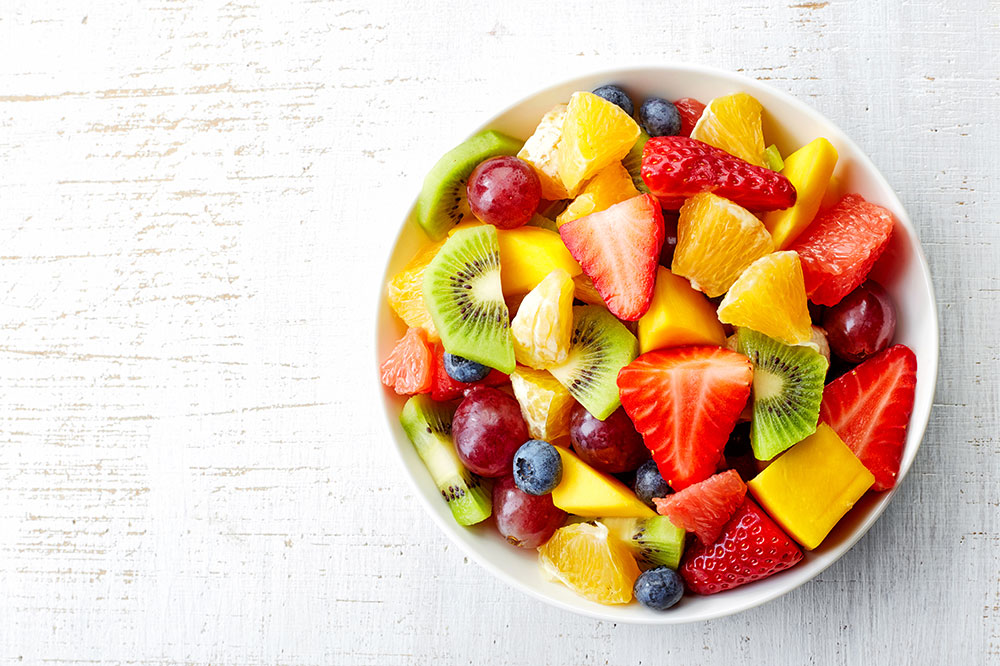Nutrition tips that help manage epilepsy
Living with epilepsy can be challenging and it is essential to know how to manage it better. People suffering from this condition are constantly looking for ways to stay seizure-free. It is believed that a balanced diet that has the right amount of nutrients from various food groups can ensure that the brain and body function normally.

How diet affects epilepsy
While no food can trigger an epileptic seizure, a well-planned diet can reduce the risks of seizures by maintaining good health. A balanced diet will give one the energy and important nutrients and better sleep and stamina for engaging in activities. These factors can help one live better; one becomes more positive and develops stronger focus and control to manage the condition.
Top nutrition tips for living well with epilepsy
- When the body metabolizes fats, it produces ketones. So, following a Ketogenic diet forces the body to utilize more fats for energy production instead of glucose or sugar through a diet that increases fat intake and lowers carbohydrate intake. This diet plan can work in reducing seizures amongst kids and grownups suffering from epilepsy. But for this diet to work its magic, one will have to follow it without any breaks. So, the types of food and the respective amounts must be precisely measured. Preparing meals is bound to be a time-consuming affair. However, the diet may not work for kids.
- The MCT diet or medium-chain triglyceride diet is one where people use an oil supplement for their dietary fat intake instead of getting oil from foods. This is why this diet may be easier since one will be free to eat more carbs and proteins and one can get fewer fats from food.
- The Atkins diet is a low-carb, high-protein diet plan similar to the Keto diet, with some flexibility in fluid, proteins, and calorie amounts.
- Low Glycemic Index diet is not as restrictive for people with epilepsy and will not limit one’s protein or fluid intake. One does not have to be very stringent about the amount of fat or calories they consume. The fat intake in this diet is more as compared to any regular diet, but the carb intake is not restricted.
It is important to eat foods that release energy steadily and keep one feeling satisfied for longer hours. These usually offer more fiber than foods which will help release energy very quickly. For instance, whole-grains, brown rice, oats, and oat-based cereals, non-starchy vegetables like broccoli, greens, tomatoes and onions, and fruits such as pears, berries, and apples should be part of the diet. Food that causes sudden energy spurts and then slumps must be avoided, such as non-wholegrain cereals cakes and biscuits, chips and fruit juices, dates, watermelon, white bread, processed foods, and over-ripe fruits.
- Epilepsy is different for everyone. It has been observed that preservatives and colors, artificial sweeteners, and MSG or monosodium glutamate can trigger seizures. Foods that are labeled “low-fat” typically have these and, therefore, they are best avoided.
- While pomegranate juice and grapefruit juice do not directly trigger epileptic seizures, they can aggravate the side-effects of epilepsy medications. So, it is recommended that one should avoid these when they are taking medicines to treat epilepsy.
- Caffeine, which is present in colas, tea, and coffee, has a stimulating effect on the nervous system and can increase the occurrence of seizures in some people.
BRIVIACT®
BRIVIACT® is an oral solution that’s prescribed to patients suffering from partial-onset seizures. This option can be used for treating adults and some children with epilepsy. BRIVIACT® contains brivaracetam as its primary ingredient, which belongs to the anticonvulsants class of treatments. One can even get this solution as an injectable intravenous option. Some side effects include dizziness, loss of balance, fatigue, and nausea.
EPIDIOLEX®
EPIDIOLEX® is an FDA-approved treatment for seizures associated with Lennox-Gastaut syndrome, Dravet syndrome, or tuberous sclerosis complex. It’s suitable for people aged one year and older. This treatment option is completely free from toxic heavy metals, pesticides, and contaminants. EPIDIOLEX® is an oral solution that is usually taken two times a day. Some common side effects include increased liver enzymes, sleepiness, decreased appetite, and diarrhea.











